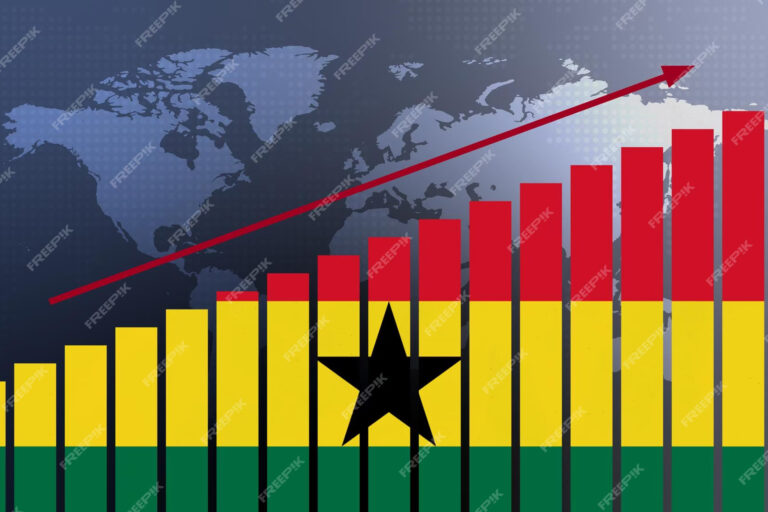Ghana has the potential to be one of the richest nations in the world, yet its economy is crumbling right before its eyes. The country, a major producer of gold and cocoa, is currently facing its worst economic crisis in a generation. Ghana’s financial state is so dire that the prices of goods have risen by an average of 41% over the past year.
Ghana’s current economic crisis stems from the global COVID-19 pandemic and the ongoing war in Ukraine. President Nana Akufo-Addo commented on the matter, claiming that the country was “in crisis” due to “malevolent forces that have come together at the same time.”
As a result, families and civilians are battling to make ends meet, with the prices of goods rising so rapidly that it has become a struggle to afford basic necessities.
The size of Ghana’s debt is now almost 90% of the total annual value of its economy, and the country’s foreign reserves are essentially empty, making it extremely difficult to pay for imports, which are usually priced in US dollars.
As a result, and perhaps the country’s only hope, Ghana has taken on a loan from the IMF (International Monetary Fund) of a $3 billion loan program spanning over the course of 3 years. The IMF and Ghana came to an agreement on the first review in May and a second review in October. This agreement paves the way for the disbursement of $600 million each, bringing the total to $1.2 billion.
The aim of this loan is for Ghana to “shore up its public finances and better manage debt to emerge from its worst economic crisis in decades.” The program is also expected to significantly slow the rate of inflation and ensure a stable local currency. All of this will benefit ordinary Ghanaians through stable prices of basic commodities, including imported ones.
There has been some controversy regarding whether Ghana should have been lent the money and whether the program will be beneficial to the country long-term. Many believe it was a risk to give money to Ghana due to its past history of irresponsible spending habits. Additionally, while many Ghanaians believe the bailout will address current challenges, it will not lead to poverty reduction, job creation, or salary increases.
So, while the IMF shows promising solutions to ongoing problems, there are doubts and concerns about how the program will work out long term. Nonetheless, it will be interesting to see how the program works out and whether or not it fulfills its initial purpose.


